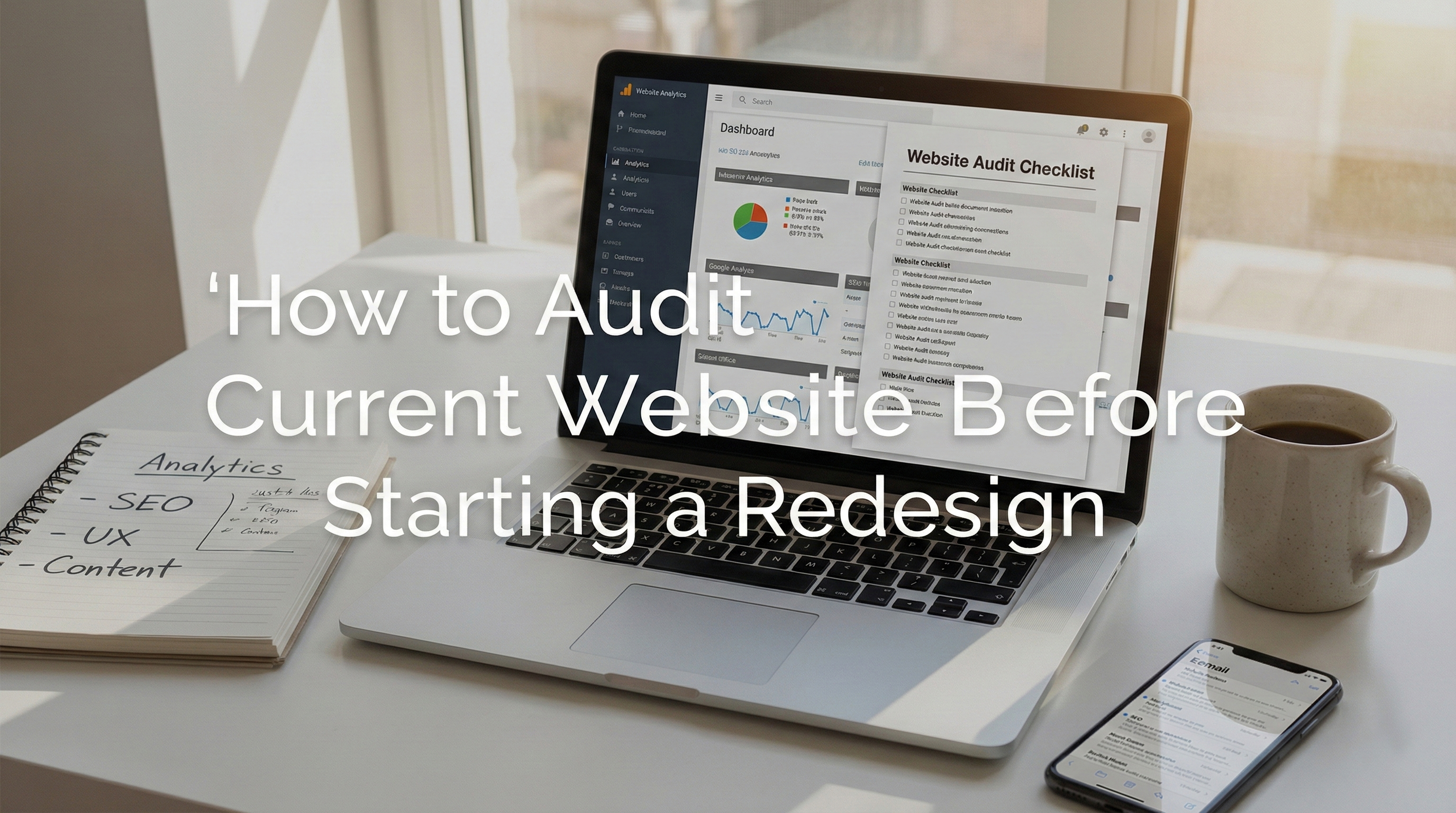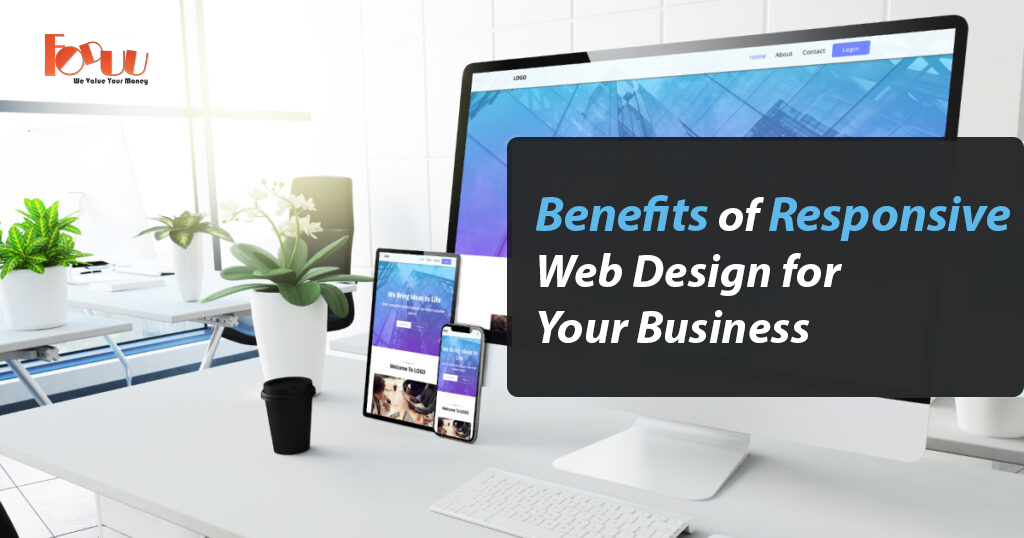bestIntroduction
The reason to choose a website developer lies in building a strong online presence. Be it a startup looking to build a brand or any established business looking to improve its digital footprint, the right developer can make all the difference. This guide will help you navigate the process of selecting the perfect website developer for your needs.
1. Understanding Your Website Needs
First of all, you must clearly define what you want from a website developer before you even start searching for one. You have to ask yourself this:
-
What is the purpose of this website? This would be along the lines of e-commerce, information, blogging, portfolio, etc.
-
Who is your target audience?
-
What are the features and functionalities you're requiring? This may include contact forms, booking systems, e-commerce features, etc.
-
Integrations: For example, this could involve a CRM system, payment gateway, or other third-party services.
-
What budget and timeline do you have?
It is essential to be very clear about the answers to these questions in an attempt to express your needs to potential developers.
2. Types of Website Developers
Website developers can be classified based on their expertise and the service provided. They are:
-
Front-end developers: This is a team working on the aesthetic parts of a website, like HTML, CSS, and JavaScript, among others. In essence, they are concerned that the website looks nice and user-friendly.
-
Back-End Developers: Handle logic on the server side and manage the database. They ensure that all the features on the website work well and at maximum speed.
-
Full-Stack Developers: Those who know both front-end and back-end development. They handle all the features concerning the website.
- Designers vs. Developers: While there are some people specializing in website design—that is, its look and feel—others engage themselves in coding and functionality. Some developers do both.
3. Where to find website developers
There are several platforms and places to find qualified website developers:
- Freelance Platforms: Websites such as Upwork, Freelancer, and Fiverr have thousands of freelance developers. You can review their profiles, previous work, and client reviews.
-
Job Boards: You can use platforms like Indeed, Glassdoor, and LinkedIn for looking up individual developers or agencies.
-
Tech Communities: You can find nice developers and designers on sites like GitHub, Stack Overflow, and Dribbble.
-
References: Ask for references from your social network. References can lead you to a few reliable developers who have a track record.
4. Evaluating Developers
Once you have located some possible developers, you would want to determine whether they are the right ones to work on your project. This is how you can do it:
-
Review their portfolio: Look at previous projects to ascertain if they have any experience in developing applications like what you desire. Observe the quality of design, functionality, and user experience.
-
Technical Skills: Make sure they have acquired all the necessary technical skills. This could be in the sphere of programming languages, frameworks, and tools for your project.
-
Client Reviews and Testimonials: Seek reviews from past clients. Good reviews and testimonials can give you an assurance of their capability.
-
Communication Skills: Whether the project will turn out to be a success or not depends on good communication. Make sure they are responsive and able to explain technical concepts in your best understanding.
-
Problem-Solving Abilities: Enquire about the challenges they have faced in past projects and how they handled them. This can enable you to know their problem-solving skills, which at the same time show their creativity.
5. Interviewing Developers
Interviews may form a very important part of the selection process. Here are the key questions to ask:
-
Walk me through your process of approaching development. This allows them to tell you how they approach projects and work their way up into timelines.
-
How do you handle revisions and feedback? This is important to know how flexible they are, and if or how they include feedback in their work.
-
What are your thoughts on mobile responsiveness and SEO? These make for critical elements of modern web development. Be sure that they hold these items in high regard.
-
Any references? Further discussions with their past clients will surely elaborate on their reliability and professionalism.
-
What is your after-launch policy? Make sure they are capable of offering maintenance and support after your website launches.
6. Budgeting and Contracting
Of course, it is a bit challenging to estimate the budget for website development, but it is equally important to keep your eyes open concerning the expenses that will be incurred. Here are some tips:
-
Get detailed quotes: Request a rundown of the costs so that one understands what he is paying for in regards to design, development, testing, and maintenance.
-
Set clear milestones: Set project milestones along with defined payment schedules. This shall guarantee cash flow management and work progress as planned.
-
Closely go through the contract: Make sure that the contract covers all the project aspects and details, timelines, deliverables, payment terms, ownership of the code, and other essential items that relate to one's work.
-
Consider Long-Term Costs: Consider the costs for future updates, maintenance, and possible redesigns.
7. Working with Your Developer
Once you have selected a developer, building a good working relationship becomes important. Here's how:
-
Open Communication: Keep the lines of communication open. The project stays on course through regular updates and feedback.
-
Set Realistic Expectations: Make your expectations regarding timelines, deliverables, and quality very clear to the developer. Make sure that the developer understands your vision.
-
Give Constructive Feedback: While checking his work, give specific and constructive feedback. This gives him an opportunity for making necessary changes.
-
Stay Involved: Keep yourself involved in the project. By regular check-ins and reviews of the progress, you will be able to stay on the right track toward your goals.
8. Testing and Quality Assurance
This is a crucial phase of any website development process. Ensure that your developer does adequate testing to find and fix issues before the site goes live. Some of the key areas to focus on include:
-
Functionality Testing: Checking all features and functionalities to make sure that they work as intended.
-
Usability Testing: The website should be easy to use, and the experience of users needs to be good.
-
Performance Testing: Test performance things like load time and responsiveness.
-
Security Testing: That the website is secure and the data of the user is protected.
-
Cross-Browser Testing: Whether the website works well on different browsers and devices.
9. Launch and Post-Launch
The launch phase includes making your website live for the general public. Here is what to consider:
-
Soft Launch: Consider a soft launch to a limited audience. This shall allow picking up any last-minute problems.
-
Monitor performance and user feedback, and be ready to make adjustments as needed.
-
Post-Launch Support: Ensure that your developer gives you post-launch support for issues that may arise with the website after launching.
10. Long-Term Relationship
Developing a long-term relationship with the developer can be useful. They will understand your website, and one can easily ask for further support and upgrades in the future. Take into consideration the following:
-
Maintenance Plans: Discuss maintenance plans that will help keep your website updated and secure.
-
Future Projects: If you have any other projects you are working on in your mind, maintaining a good relationship with your developer can make things easier.
-
Continuous Improvement: Regularly review the performance of your website and look out for opportunities in improving and updating it.
Conclusion
Choosing a website developer means you need to think about it and work out what you are looking for. Understanding your needs, evaluating potential developers, and working out a good relationship are only some of the steps leading to a successful website project. Remember, a good website is an investment in phases; if you get a good developer, you can keep pace with time by continuously updating your online presence.
We at FODUU are the best website developers in India. Our team of skilled professionals combines state-of-the-art technology with an insight into the rules of design and development to come up with websites that are not only beautiful but very functional and user-friendly. We simply never compromise on adopting a client-centered approach by tailoring every project according to your goals and objectives. Known for completing projects on time and within budget, we pledge to excellence with an eye for detail to make us stand out from the rest. Our comprehensive post-launch care ensures your website remains relevant and safe.










